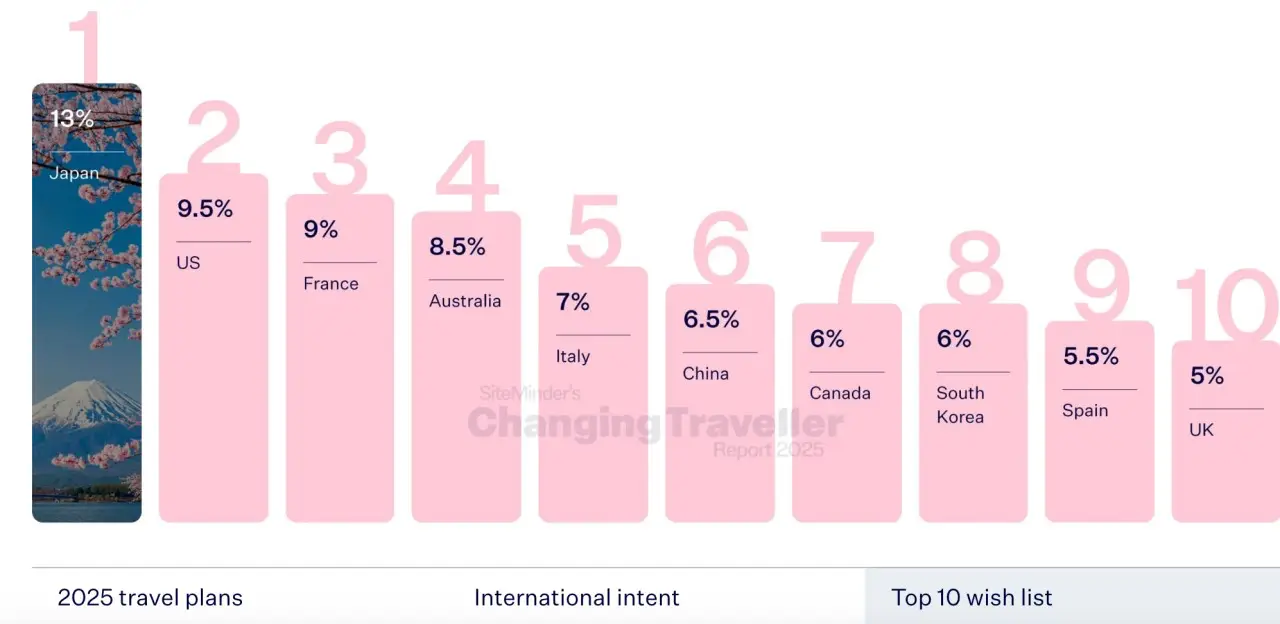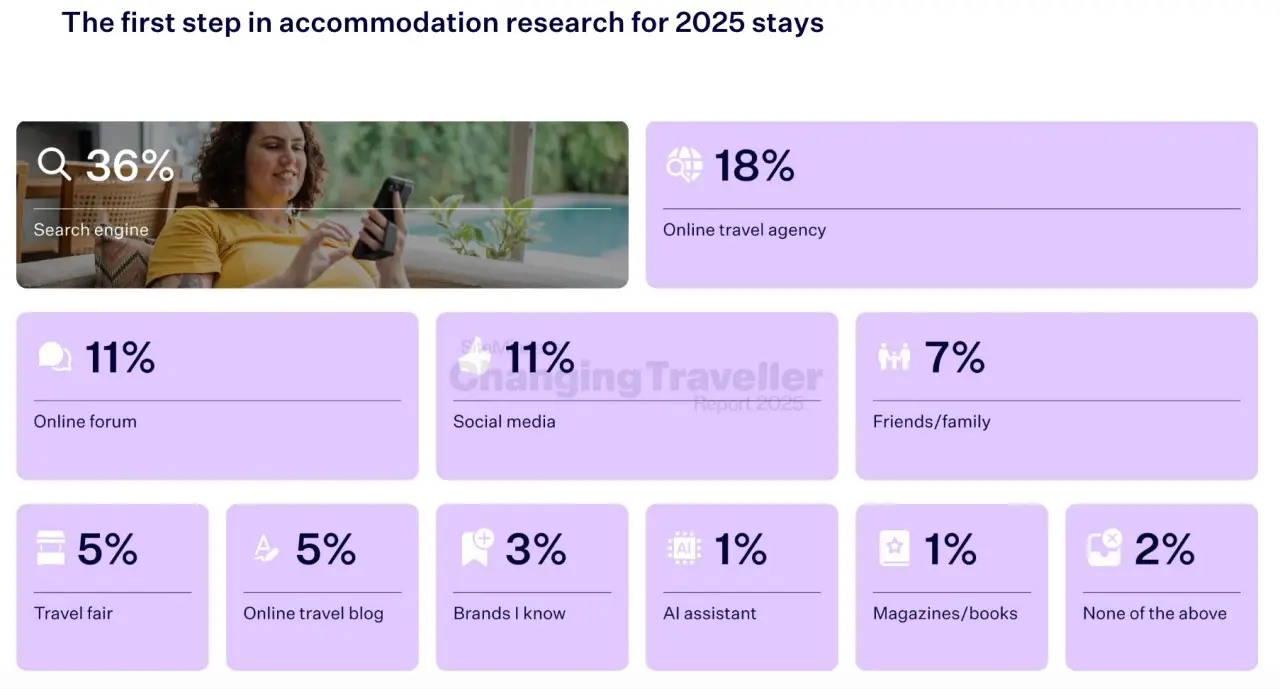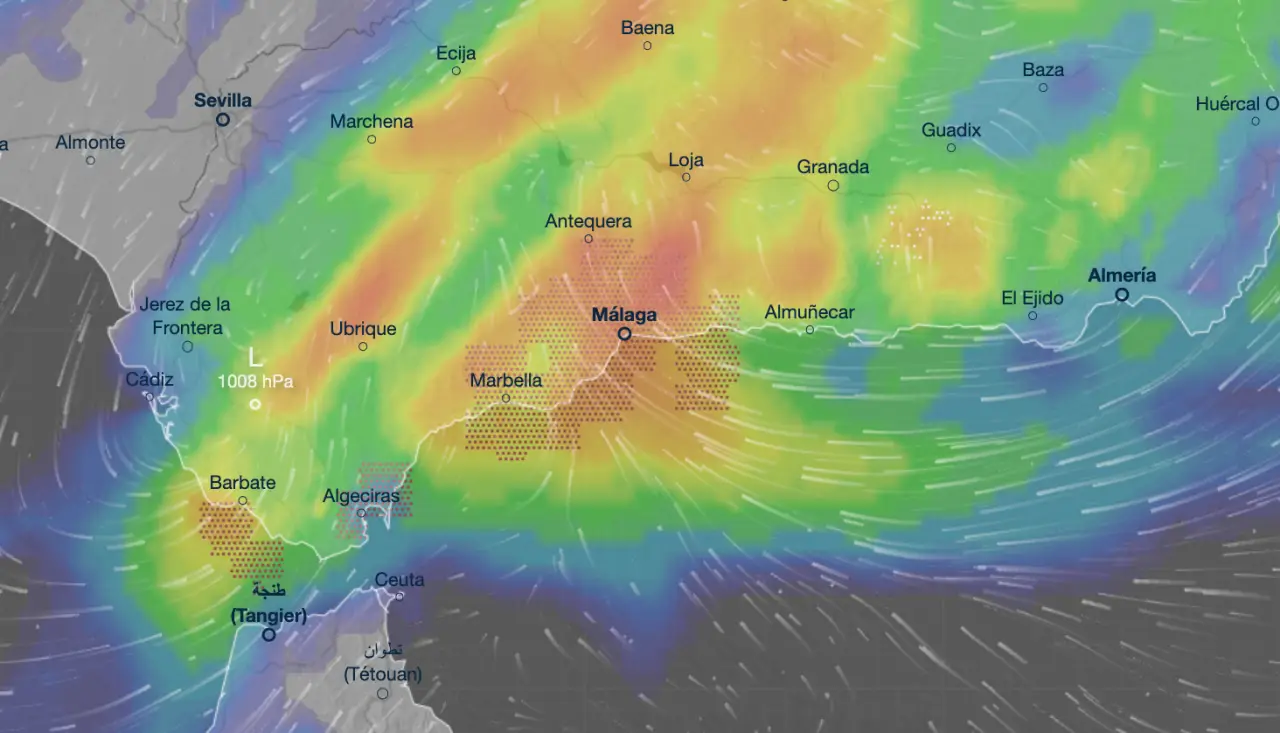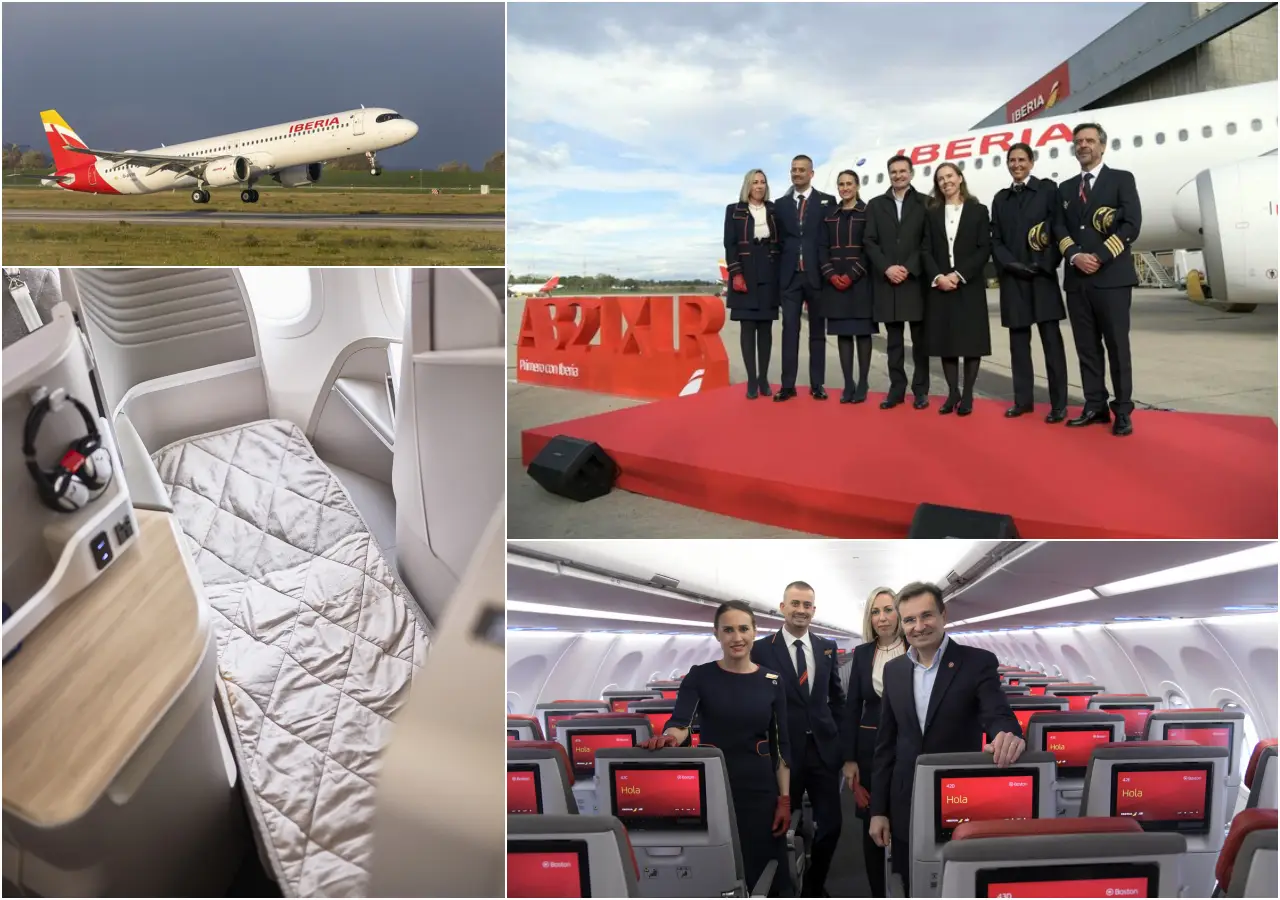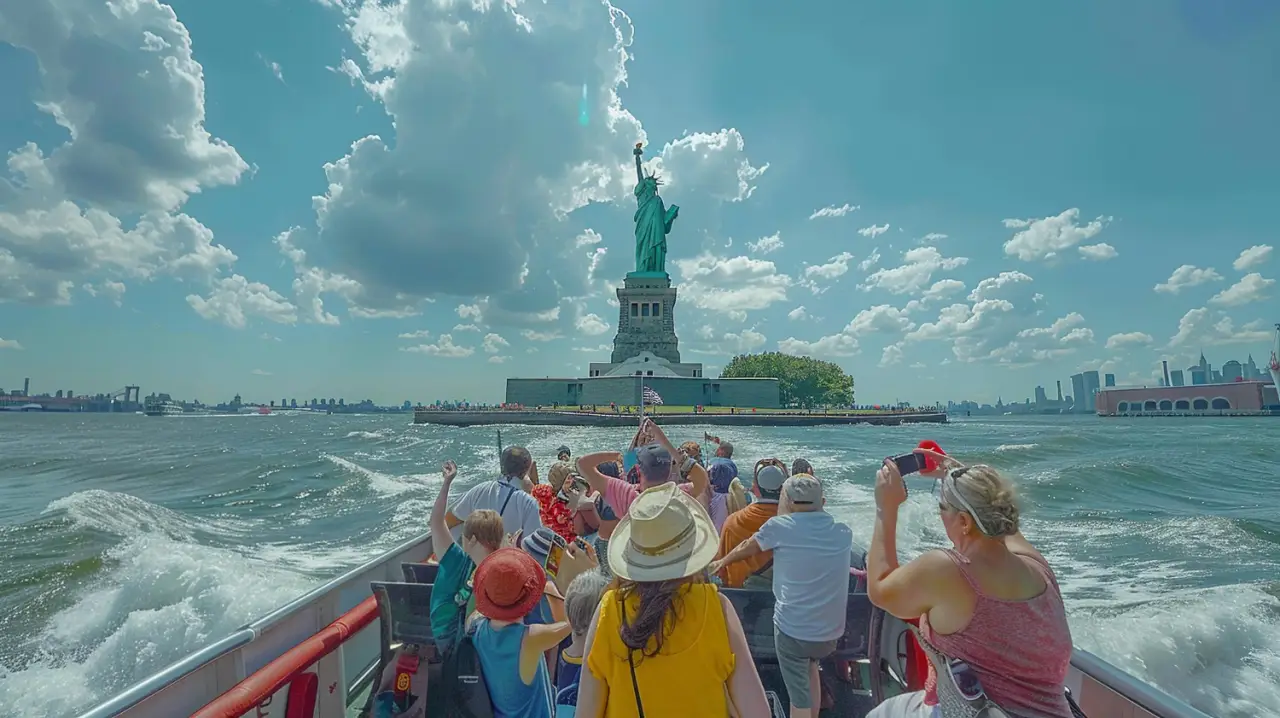A new breed of traveller is emerging in 2025: the “everything traveller”—a guest with varied, multifaceted needs that blend high-tech convenience with personalized experiences.
This evolving profile represents a shift in the travel industry, prompting hotels to adapt to more complex and flexible demands.
SiteMinder’s latest report reveals that this guest’s journey is both high-touch and high-tech, suggesting that hotels may need to reconsider how they deliver a balanced and seamless stay.
According to the “Changing Traveller Report 2025,” the everything traveller signals a shift in what guests expect from hotels, compelling the industry to adapt to a new standard of flexibility, tech-savviness, and on-demand personalization.
Based on a survey of over 12,000 travellers across 14 major markets, including the US, China, and Australia, the report reveals that 78% of global travelers plan to incorporate AI at some stage in their accommodation experience. Yet, only a small fraction—12%—wants every aspect of their stay automated, underlining a demand for balance between human touch and high-tech convenience.
The study also points to a rise in both international and domestic travel, with 72% of travellers planning to go abroad in 2025. This reflects a broader shift toward blended travel plans, with more people intending to combine local getaways and global adventures.
Japan is the destination most (13%) have their eyes on, with those from Thailand and Indonesia especially likely to book there. The US (9.5%) and France (9%) follow as the next most popular. When travelling, 1-in-2 are more likely to purchase travel packages, but don’t want to enjoy them with strangers, with less than 1% planning to travel as part of a tour group.
Other insights spotlight how varied travel purposes and experiences are shaping the preferences of the everything traveller. A notable 80% are seeking unique on-site experiences, while 41% will blend leisure with work, marking a 5% increase from last year. For Gen Z, travel is also becoming event-driven, with 65% more likely to travel for events, surging to 83% among younger adults.
SiteMinder’s report also uncovers sharp contrasts in tech openness across regions. Travellers in Thailand, China, India, and Mexico show high acceptance, with over 90% ready to use AI for booking, planning, and stay experiences. However, travelers from Canada, Australia, Germany, and the UK display a more cautious stance, with AI adoption rates around 60%.
Over half of the respondents worldwide perceive hotels as being “ahead of the curve” in adopting new technologies, though opinions vary significantly. Indonesia leads with an 80% positivity rate on hotel tech adoption, while only 30% of travelers from France feel the same.
Search activity for hotel research
Search activity for hotel research has surged by 10%, with 36% of travelers now starting their search via search engines—up from 26% last year. Baby Boomers lead this trend at 42%. Forum use has also nearly doubled, especially among younger travelers in the US and Germany, surpassing family and friend recommendations, which have declined for the third consecutive year.
In booking preferences, 42% of travelers are choosing online travel agencies (OTAs), marking a 3% increase, while direct bookings through properties have dipped to 27%. Travel agent usage has risen slightly, by 1.5%. Over half of travelers (52%) report abandoning an online booking due to a poor user experience, with abandonment rates highest in Mexico and India.
Rise of the Working Traveler and Pet-Friendly Demand in 2025
The working traveler trend continues to grow, with 41% planning to work on site in 2025, up 5% from last year and 10% since 2022. Millennials are leading this shift, with half intending to work during their stays. Travelers from Thailand and Indonesia are the most likely to log in on the go, while those from France and the UK are least inclined to check emails while traveling.
In addition, 46% now consider pet-friendly amenities an important factor when choosing a hotel. This preference is especially strong among Gen Z travelers from Thailand and Indonesia, while it’s less significant for older guests from Canada and Germany.
Trent Innes, SiteMinder’s Chief Growth Officer, stresses the importance of this shift: “In an era where guests hold increasing influence over their stays, it’s clear that their evolving needs are both broad and deeply specific. The everything traveller embodies a bold new standard…hoteliers need data-driven insights to anticipate guest needs and deliver the stay they envision.”
The “everything traveller” exemplifies an emerging mindset: flexible, tech-enabled, and keen on both luxury and value. SiteMinder’s research suggests that hotels prepared to embrace this diversity of expectations will be best positioned for success as the new year approaches.


